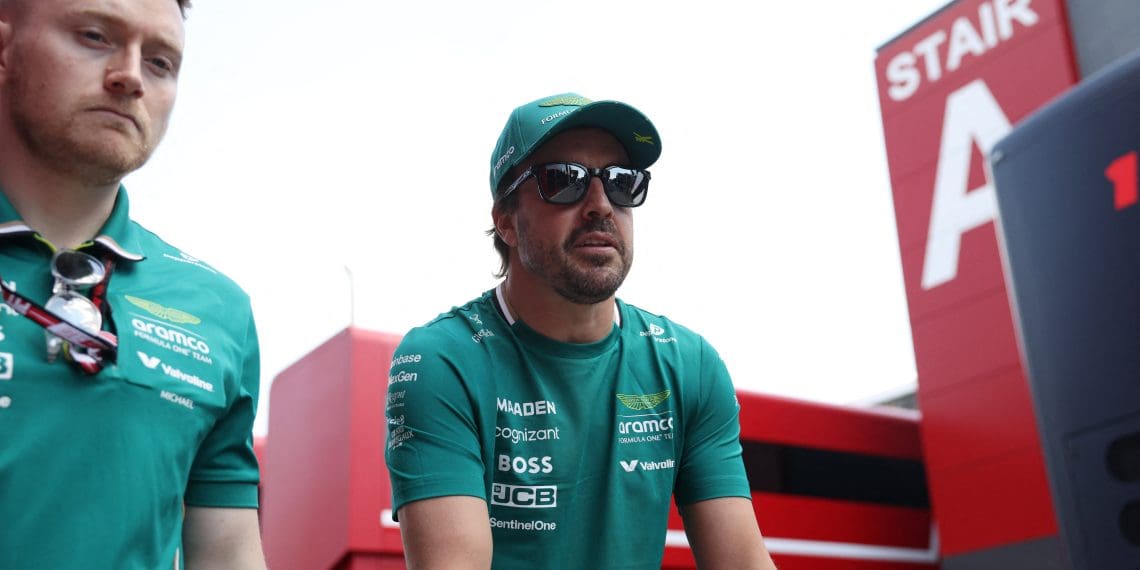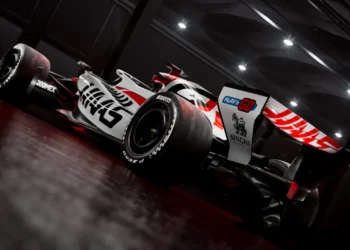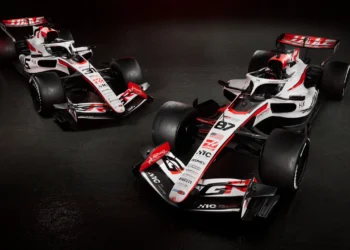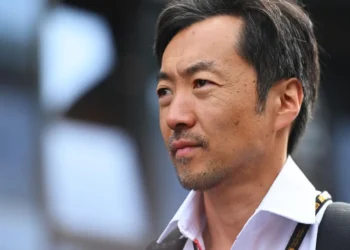In a shocking turn of events in the world of Formula 1, the demotion of rookie driver Jack Doohan by Alpine has sparked controversy and differing opinions among drivers in the paddock.
Fernando Alonso, a two-time F1 World Champion, shared his alternative perspective on the matter, suggesting that today’s young drivers do not face the same level of pressure he experienced over two decades ago. With Alpine’s decision to drop Doohan after just six races, Alonso’s views clashed with those of his fellow racers.
Alonso pointed out that modern-day rookies undergo extensive preparation, including competing in Formula 3 and Formula 2, familiarizing themselves with circuits, simulator training, and testing programs. This level of readiness, according to Alonso, sets them up for success upon entering Formula 1, unlike his own debut experience in 2001 with Minardi, where he had minimal preparation due to the team’s financial struggles.
While Alonso downplayed the pressure on rookie drivers, others in the paddock, such as Haas driver Oliver Bearman, expressed dismay over Doohan’s treatment. Bearman, also a rookie, emphasized the challenges faced by newcomers, especially when racing on unfamiliar tracks and in high-pressure situations like sprint events.
Similarly, Racing Bull’s Isack Hadjar highlighted the importance of support for rookie drivers, noting the backing he received from Red Bull after a disappointing start to his season. Hadjar’s comments shed light on the significance of a nurturing environment for young talents in the competitive world of Formula 1.
The swift decisions made by teams like Alpine and Red Bull to replace rookie drivers raise questions about the expectations and support systems in place for newcomers in the sport. As the debate rages on, one thing remains clear – the pressure on rookie drivers in Formula 1 is real, and the way teams handle their development can shape their careers in the long run.










